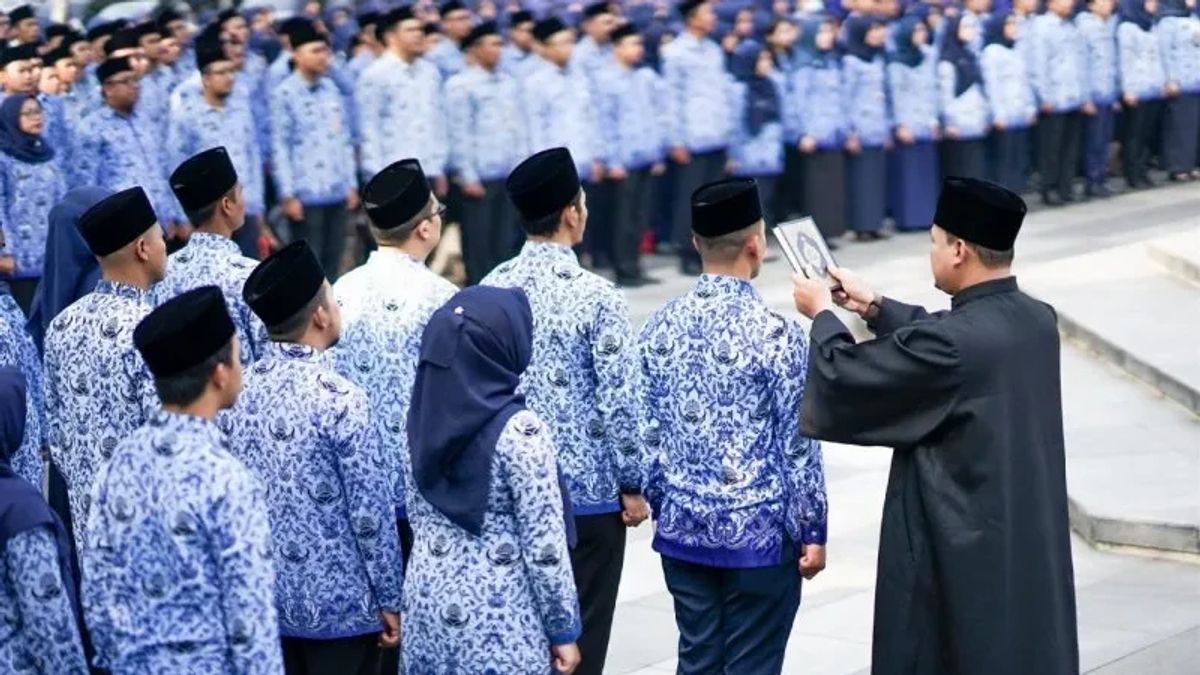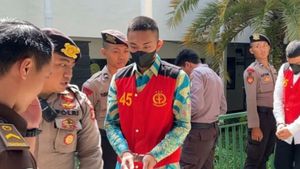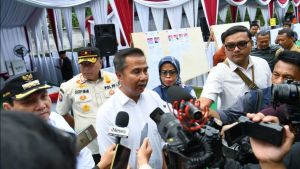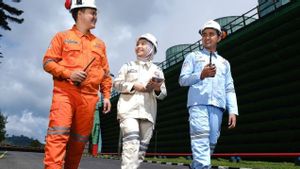BOGOR - Bogor City Government (Pemkot) reviewed the technical implementation of the 50 percent ASN policy of working from home. This is in accordance with the instructions of the Ministry of Home Affairs (Kemendagri) to reduce air pollution in Jabodetabek.
Bogor Mayor Bima Arya Sugiarto said that the implementation of the ASN policy to return to work from home which had just been issued through Minister of Home Affairs number 2 of 2023 regarding the handling of air pollution in Jabodetabek required adjustments to the work system so it needed to be studied first.
"We are still reviewing it, Friday we will decide," said Bima when confirmed, Wednesday, August 23, as reported by Antara.
According to Bima, instructions that have just left the Ministry of Home Affairs need to be observed so that the implementation can be adjusted in other regional offices and work units (SKPD).
This is because, he continued, the Ministry of Home Affairs' instructions are not only about the implementation of 50 percent of ASN working from home and others working in offices, but include several other policies related to transportation.
Minister of Home Affairs Tito Karnavian issued an Instruction from the Minister of Home Affairs (Inmendagri) regarding Air Pollution Control in the Jabodetabek area.
This Ministry of Home Affairs contains several main things that need to be done by regional heads, including the Governor of DKI Jakarta, the Governor of West Java and the Governor of Banten as well as regents/mayors throughout Jabodetabek, including hybrid work systems, motor vehicle restrictions, improvement of public transportation services, tightening emission tests, optimizing the use of masks, controlling environmental emissions and implementing green solutions, and controlling industrial waste management.
SEE ALSO:
The Director General of Regional Administration Development at the Ministry of Home Affairs, Safrizal ZA, explained that the Minister of Home Affairs Number 2 of 2023 was a follow-up to President Joko Widodo's direction at a limited meeting to improve air quality in the Jabodetabek area which was held on Monday (14/8).
Instructions include regional heads being asked to make adjustments to the policy of regulating the work system, namely by implementing work from home (WFH) and work from office (WFO) as much as 50 percent each for ASN in regional apparatus, BUMN and BUMD employees with notes excluded for those who provide public services directly or essential services.
In addition, local governments in the Jabodetabek area should encourage private employees and the business world to conduct WFH and WFO according to the policies of relevant agencies/business actors.
The WFH-WFO policy is expected to reduce mobility that causes air pollution, considering that most people use motorized vehicles, either cars or motorbikes, in such activities as going to the office.
Safrizal reminded that motor vehicle restrictions should be implemented by optimizing the use of mass transportation modes or public transportation, the use of non-emissioned vehicles or electric vehicles.
This is because based on existing data, one of the factors causing air pollution in Jabodetabek is contributed by the transportation and industrial sectors.
Local governments are also instructed to tighten vehicle emission test programs and increase supervision and socialize the provision of convenience for non-emissioned vehicle users or electric vehicles, incentives for electric vehicles such as exemption from odd-even, priority parking or reduction of parking costs.
In controlling environmental emissions and implementing green solutions, it is carried out through the prohibition of burning waste openly, controlling pollution from construction activities, watering roads to reduce dust, optimizing tree and plant planting in public spaces to narrow spaces, using water content/green currency and modifying weather through artificial rain.
The English, Chinese, Japanese, Arabic, and French versions are automatically generated by the AI. So there may still be inaccuracies in translating, please always see Indonesian as our main language. (system supported by DigitalSiber.id)












